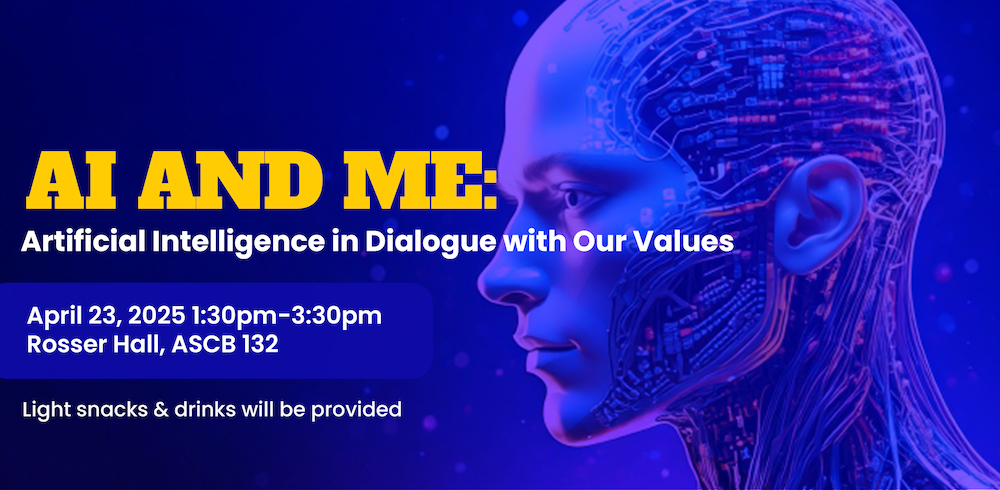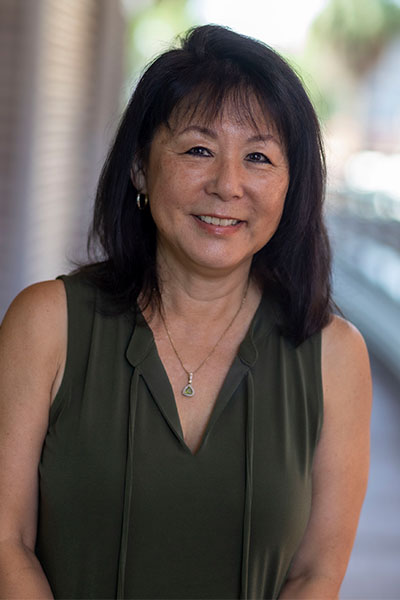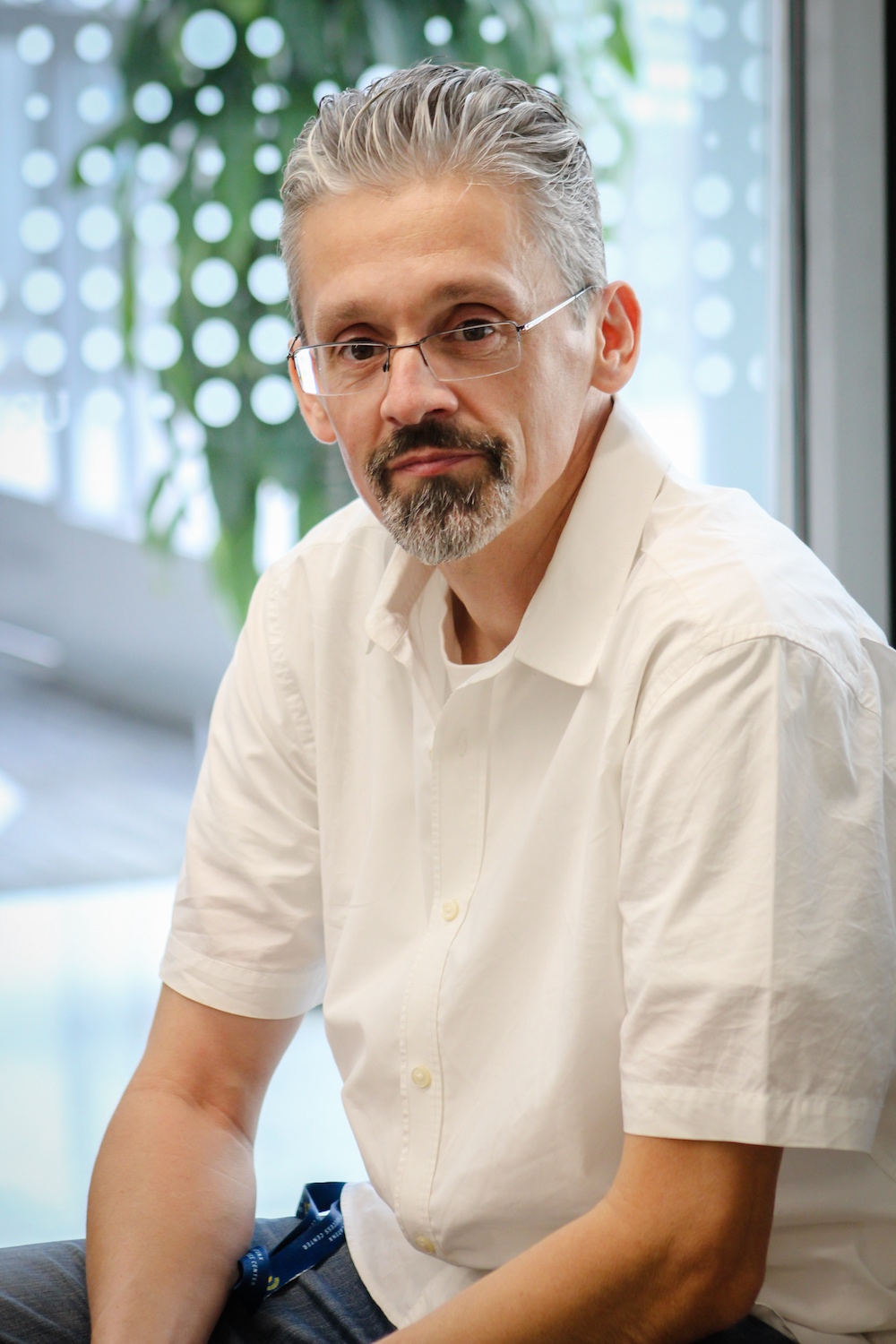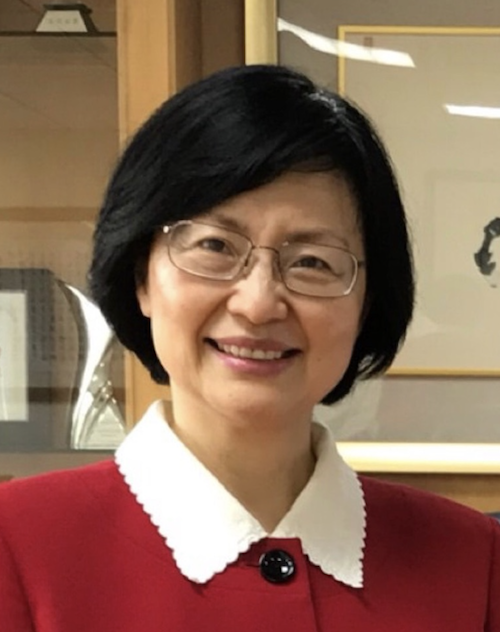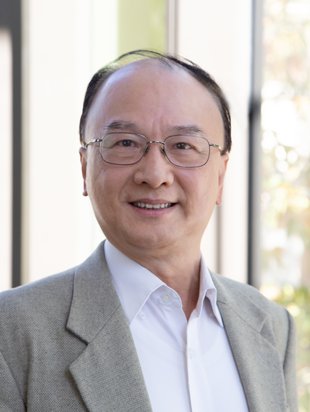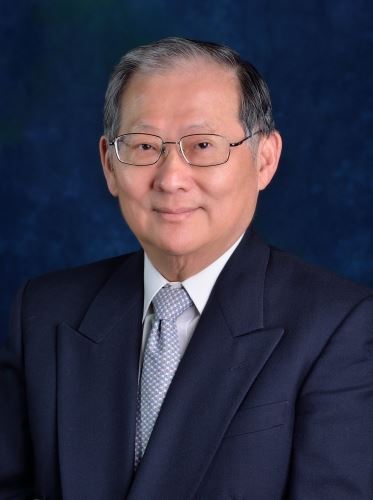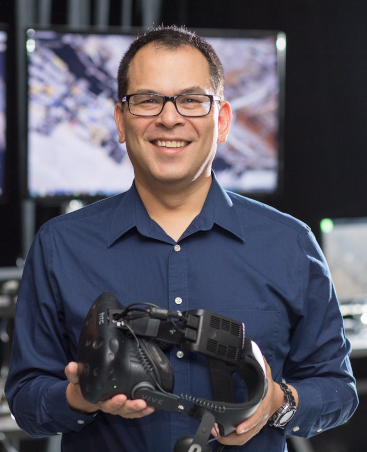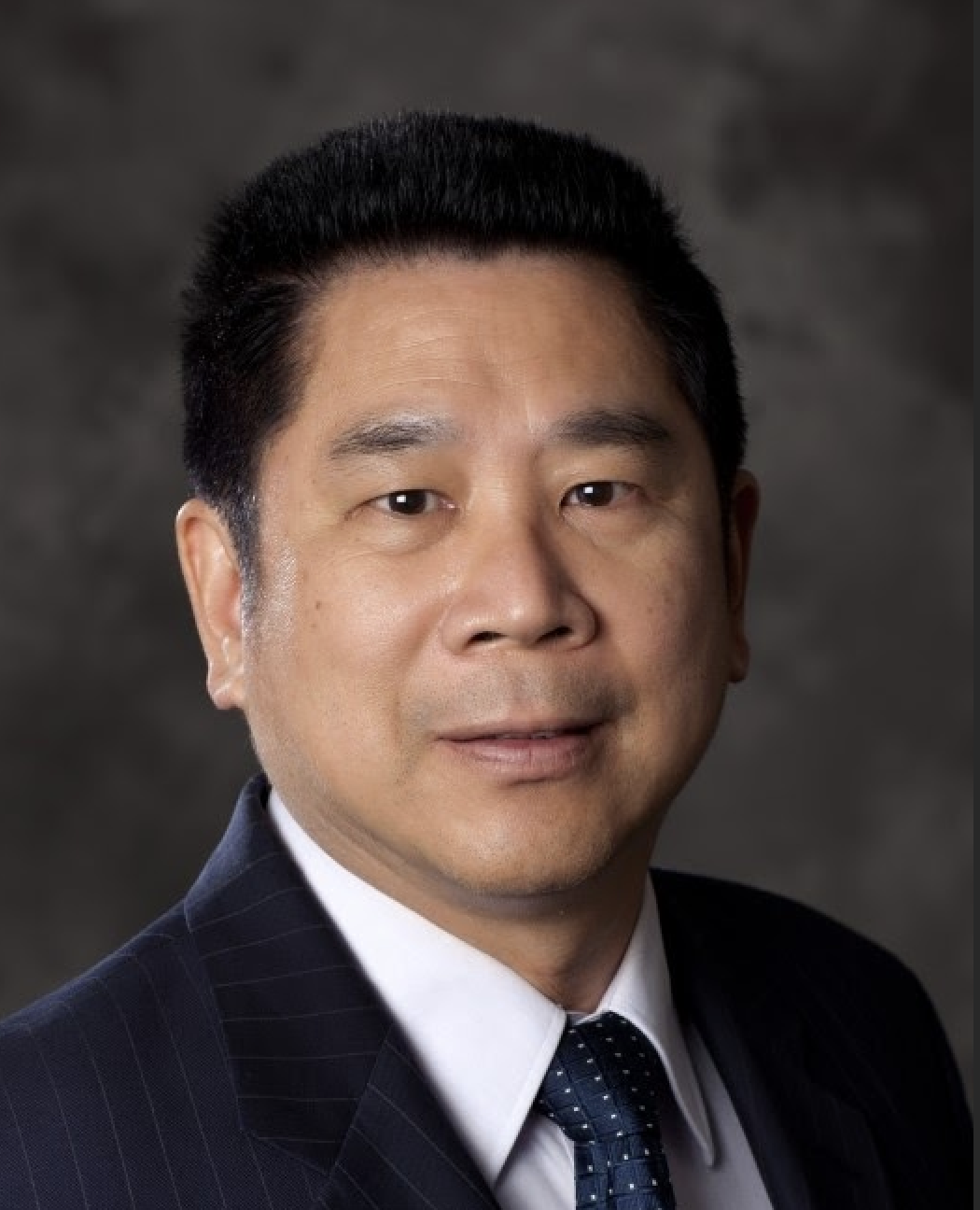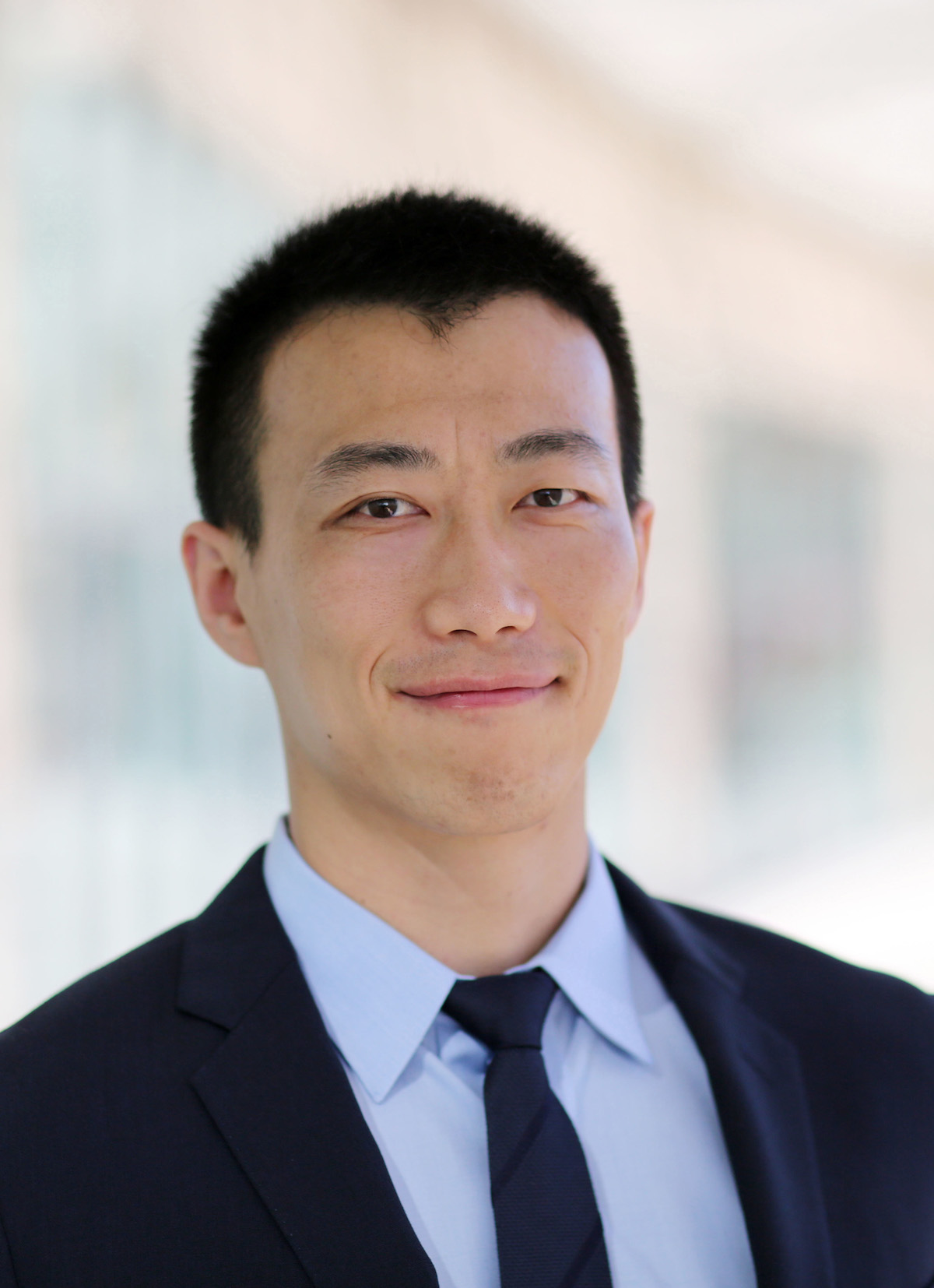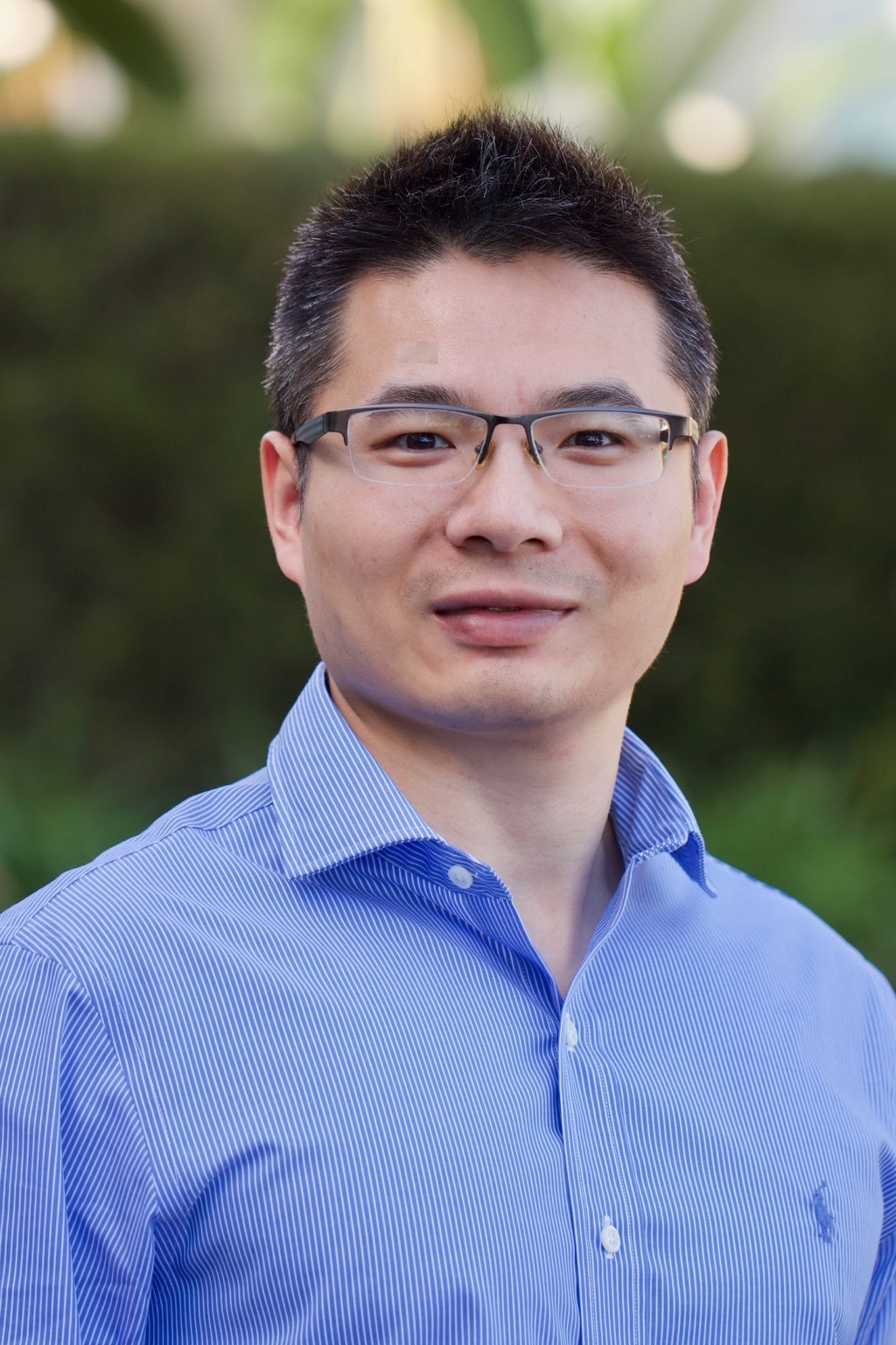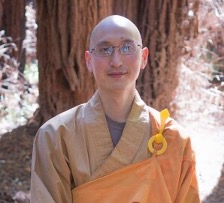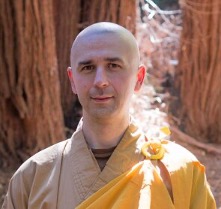AI and Me: AI in Dialogue with Our Values
Date/Time: April 23, 1:30-3:30
Location: Cal State LA, Rosser Hall, ASCB 132
Join us for an interactive discussion on the opportunities and challenges AI presents in education, research, and beyond. As artificial intelligence rapidly transforms our world, how can it be a bridge rather than a barrier to authentic connection? How do we use AI in our academic fields? What are the challenges that it brings?
Let’s navigate these questions together in an open and thought-provoking dialogue.
Parking Information
Guests can self-park on top of parking structure C (see attached map). Overflow parking is in structure E (next to structure C). Guests can purchase parking permits at the pay stations located on top of structure C and in structure E. Daily parking rates and parking information can be found at: https://www.calstatela.edu/parking/visitor-parking
The entire campus map can be found below:
Moderators
Lena M. Chao is a professor of Communication Studies at Cal State LA., and is currently serving as the Interim Dean for the College of Ethnic Studies. She received her B.A. in English from UCLA, and her M.S. in print journalism and Ph.D. in communication from USC. She has worked professionally as the Media Director for the ACLU of Southern California, and as Public Service Coordinator at KFWB Newsradio, and was on the founding board of the advocacy group Media Action Network for Asian Americans (MANAA). Her areas of specialization include public relations, mass communication, interpersonal, gender, and intercultural communication, and her publications include the award-winning textbook, Racism and Sexism in the Media: The Rise of Class Communication in Multicultural America.
Marcos Pizarro is the Dean of the College of Education at Cal State Los Angeles, where he is committed to centering intersectional justice and holistic well-being for all members of our community, including the students, families and communities we serve. Prior to his appointment at CSULA, he worked at San José State University as the Associate Dean of the College of Education and as a Professor of Chicanx Studies. His research and community work has focused on supporting Chicanx and Latinx students and teachers to develop practices for wellness and for social and racial justice in their communities. He founded and coordinated MAESTRXS, a social justice teacher collective implementing a transformative education model with Latinx communities; works with schools and universities on the development and implementation of Ethnic Studies curricula and culturally sustaining models of engaging students of Color; and co-coordinates the Institute for Teachers of Color Committed to Racial Justice, a project that provides training and support for teachers and teacher educators invested in transformative practices for racial justice. Professionally, Marcos is, above all else, a teacher: he has taught at all levels of schooling from pre-school through the doctorate.
Panelists
Dr. Yu-Chung Chang earned her doctorate in mathematics from UCLA and conducted postdoctoral research at NYU and Caltech, where she co-developed a level-set method for multi-phase flows, a significant advancement in computational fluid dynamics. A retired adjunct mathematics professor at Pasadena City College (PCC), she has been dedicated to STEM education, curriculum development, and student mentorship. Since 2013, she has led PCC’s Annual Pi Day Conference, providing students a platform and encouraging them to showcase real-world STEM applications. She mentors students in undergraduate research, MNT-CURN, blockchain research, and PCC’s MATE-ROV Team. She also co-developed Introduction to Statistical Programming, pioneered TWRAMPS to reduce math anxiety, and organized Math Word Problem Workshops to support student learning.
Nanda Ganesan is a Professor of Information Systems at California State University, Los Angeles, and has served as the Department Chair multiple times over the last four decades. He has worked in several countries, including Sri Lanka, Iran, England, Singapore, Japan, and Australia, conducting research, giving lectures, developing curricula, building computing labs, and working in the industry.
His research interests include designing and implementing E-learning Systems and incorporating Artificial Intelligence (AI) into the Information Systems curriculum. He is passionate about using AI to enhance student learning experiences.
During his tenure as the Chair, he cofounded the M.S. in Information Systems program, one of the earliest graduate programs in Information Systems in California, and lately, he implemented significant curriculum revisions in the undergraduate program by introducing options in Cybersecurity, Data Analytics, and Cloud Software Development.
Ganesan has published widely in refereed journals and conference proceedings, given numerous professional presentations, and obtained multiple grants.
During his tenure at CSULA, he received several awards, including the Wang Family Excellence Award and the President’s Distinguished Professor Award.
Ganesan received his Ph.D. in Engineering Production from the University of Birmingham, England, and a Master of Science in Computer Science from the University of Southern California.
Thomas Yizhao Hou is the Charles Lee Powell professor of applied and computational mathematics at Caltech. He received his BS from South China University of Technology in 1982, his Ph.D. from UCLA in 1987, and became a tenure track assistant professor in 1989 at the Courant Institute. He moved to Caltech in 1993 and was named the Charles Lee Powell Professor in 2004. Dr. Hou has received a number of honors and awards. He was elected to be Member of the National Academy of Sciences in 2024, Fellow of American Academy of Arts and Sciences in 2011, SIAM Fellow in 2009 and AMS Fellow in 2012. He received the William Benter Prize in Applied Mathematics in 2024, the SIAM Ralph E. Kleinman Prize in 2023, the SIAM Outstanding Paper Prize in 2018, the SIAM Review SIGEST Award in 2019, the Computational and Applied Sciences Award from USACM in 2005, the Morningside Gold Medal in Applied Mathematics in 2004, the SIAM Wilkinson Prize in Numerical Analysis and Scientific Computing in 2001, the Frenkiel Award from the Division of Fluid Mechanics of American Physical Society in 1998, the Feng Kang Prize in Scientific Computing in 1997, the Sloan Research Fellow from 1990 to 1992.
Ming Lu Huang, M. D. graduated from Chung-Shan Medical and Dental University in Taiwan in 1973. He subsequently received surgery residency training at the Hannaman University in Philadelphia, and cardio thoracic surgery fellowship at the Loma Linda University in Loma Linda, California. After ten years private practice in the SanGabriel Valley he joined the cardiothoracic surgery division at the Keck School of Medicine, USC. Currently he is the professor of Clinical Surgery. Dr. Huang had served as the medical director of cardiac surgery at Arcadia Hospital, Garfield Medical Center and Beverly Hospital. Currently he is the medical director of the cardiac surgery department for the Emanate Intercommunity Hospital.
Dr. David Krum is an Assistant Professor of Computer Science at Cal State LA. His research interests include human-computer interaction, virtual/augmented reality, and 3D interaction. Dr. Krum leads the Experience Lab (XP Lab) at Cal State LA. The lab studies human-computer interaction and specializes in the research and development of virtual and augmented reality technologies. Prior to becoming a professor, Dr. Krum’s career included both engineering and research roles at a variety of organizations including: the USC Institute for Creative Technologies, the Bosch Research and Technology Center, and Motorola. Dr. Krum studied and earned engineering and computer science degrees at Caltech, the University of Alabama in Huntsville, and Georgia Tech.
Dr. Jay Kuo is the Ming Hsieh Chair Professor, a Distinguished Professor of Electrical and Computer Engineering and Computer Science, and the Director of the Multimedia Communication Laboratory (MCL) at the University of Southern California. He is a Fellow of AAAS, ACM, IEEE, SPIE, the National Academy of Inventors (NAI), and an Academician of Academia Sinica.
Cynthia Wang, PhD is an associate professor of Communication Studies and affiliate faculty in the College of Education at Cal State LA. Her work focuses on the impact of digital communication technologies and social media on social relations, cultural practices, and power dynamics, particularly framed and perspectives of time in temporality. Her work can be found in such journals as Social Media + Society and Time & Society, and she is an author and co-editor of the books Indie Games in the Digital Age (Bloomsbury), Communicating Across Difference: Negotiating Identity, Privilege, and Marginalization in the 21st Century (Cognella), and From Model Minority to Model Athlete: Perceptions of East Asian and Asian American/Canadian Athletic (Palgrave McMillan). She is also the founder of The arqive (https://thearqive.com) an interactive digital LGBTQ storytelling map, and is a collaborator with her colleague, Mu Wu, on the nascent AI Social Impact Research Lab in their department.
Mu Wu (Ph.D., Pennsylvania State University) is an Associate Professor in the Department of Communication Studies at California State University, Los Angeles. His research focuses on the social and psychological effects of new media and technology. In particular, he examines how new media can interact with media content and how such interactions shape individuals’ perceptions and engagement with messages as well as interfaces via underlying psychological mechanisms. His work has been published in Journal of Computer-Mediated Communication, Computers in Human Behavior: Artificial Humans, Communication Reports,
and Journal of Communication Technology. He is also a collaborator with her colleague, Cynthia Wang, on the nascent AI Social Impact Research Lab in their department.
Dr. Jie Zhong is an Associate Professor and Undergraduate Advisor of Mathematics at California State University, Los Angeles, with expertise in data science, machine learning, and artificial intelligence (AI). His research focuses on applying AI-driven methods to real-world problems, including financial modeling and large language models (LLMs). Dr. Zhong has mentored over 90 students in AI and data science projects, many of whom have presented at national conferences and contributed to peer-reviewed publications.
In addition to his research, Dr. Zhong has played a pivotal role in curriculum development, bridging the gap between mathematics and AI applications. His collaboration with the Society of Actuaries (SOA) led to the creation of Mathematical Finance and Interest Theory, a course integrating financial optimization and wealth dynamics. Through this initiative, Cal State LA became the first institution in California to secure SOA’s University-Earned Credit (UEC) approval, offering students a direct pathway to professional actuarial certification.
Committed to fostering interdisciplinary AI education, Dr. Zhong actively engages in industry partnerships and academic collaborations. His work not only advances AI-driven research but also enhances educational opportunities, preparing students for the evolving landscape of AI and data science careers.
Ven. Jin Chuan was born in New Jersey and grew up in the Silicon Valley. In high school, he began exploring spirituality and meditation, and discovered his “calling” to be a monk – to the surprise of his family (and himself). He then went to Stanford where he received a B.S. in Physics and an M.A. in Religious Studies. After graduation, he served at the City of Ten Thousand Buddhas as a volunteer coordinator and interpreter before becoming a novice monk in 2011 and a fully ordained Bhikshu in 2013. He received his M.A. in Buddhist Classics from Dharma Realm Buddhist University (DRBU) in 2016, where he now serves as an assistant professor and chaplain. He also serves as a Board member of Buddhist Global Relief, an organization dedicated to relieving chronic hunger and malnutrition worldwide. He currently resides at Redwood Vihara, a training monastery in the forest.
Bhikshu Jin Wei was born in Poland and began his meditation practice in 1999. After living a fun but unfulfilling bohemian lifestyle, he encountered Buddhist teachings that inspired him to dedicate himself to practice and service. He volunteered in various hospitals and helped people with mental disabilities. In 2013, he came to the City of Ten Thousand Buddhas as a Sangha and Laity Training Program student. In 2015, he took novice ordination, and in 2017, full ordination. He graduated from the University of Bialystok with an M.A. in Law and from Dharma Realm Buddhist University with an M.A. in Buddhist Classics.
